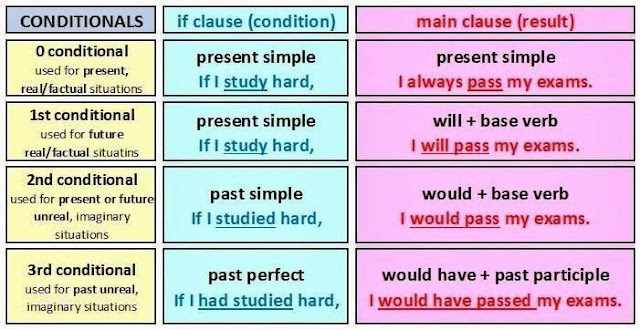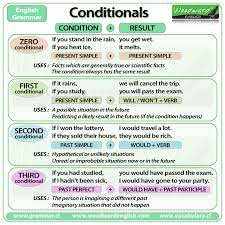You have to answer the following questions about Day of book during today ABOUT 23TH APRIL
1. 1. What do we celebrate the 23rd of April every year?
2. Why do we celebrate the day of book on 23th of April?
3. Why is Shakespeare considered to be the greatest writer in English Literature?
4. Why is Don Quixote considered to be one of the great masterpieces of world literature?
5. What happened the 23rd of April 1616?
6. LOOK A SENTENCE THAT YOU LIKE ABOUT THE IMPORTANCE OF READING AND PASTE THIS IMAGE, AND EXPLAIN WHY YOU DO CHOOSE IT.
SHAKESPEARE
1. In which century was he born?
2. When was he born?
3. In which town was he born?
4. Which river is associated with Shakespeare´s birth place?
5. Shakespeare lived during the reign of which English monarchs?
6. Why is Shakespeare´s nickname the Bard?
7. How many plays and sonnets did he write?
8. Who said "O, Romeo,Romeo, wherefore art thou Romeo"?
9. The line "To be or not to be" comes from which play?
a) King lear b) Richard II c) Julius Caesar d) Hamlet
10. True or False: Was the movie "Shakespeare in Love" a true story?
11. When did he die?
CERVANTES
1. When was he born?
2. In which town was he born?
3. Cervantes lived during the reign of which Spanish monarchs?
4. Why is Cervantes´ nickname "the cripple of Lepanto"?
5. When did Don Quixote, Part I come out?
6. True or False: "the novel was an immediate success".
7. Name some of his works.
8. When did he die?







